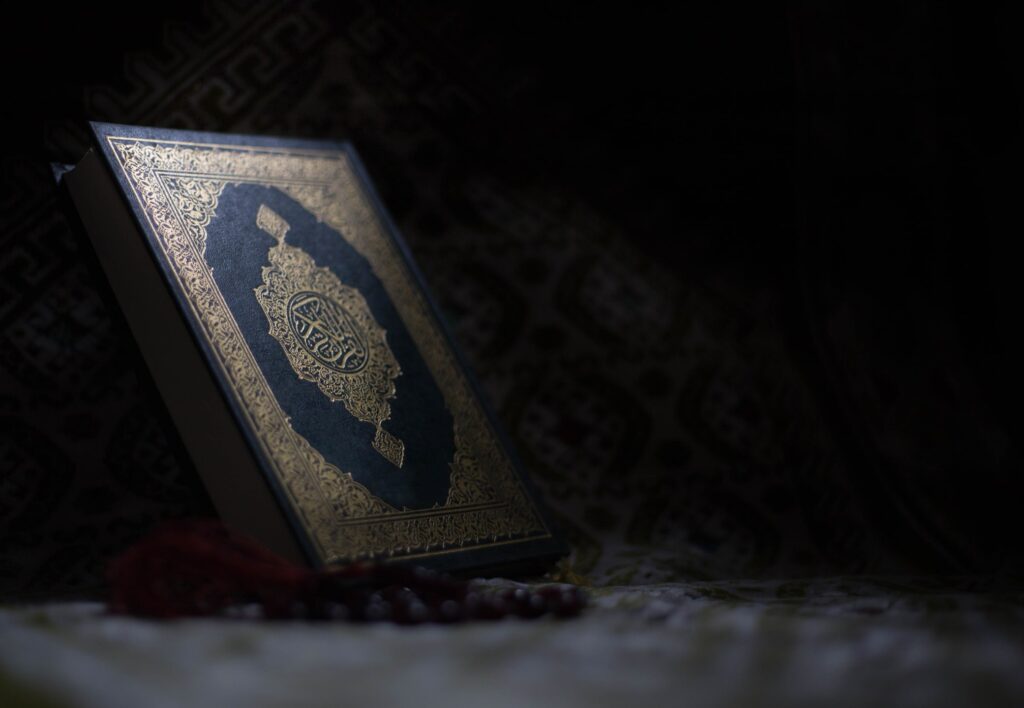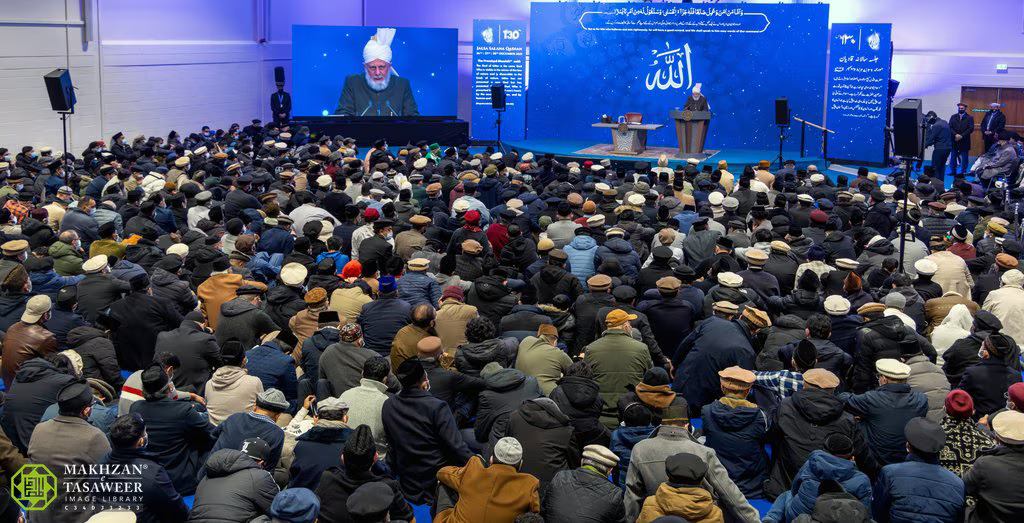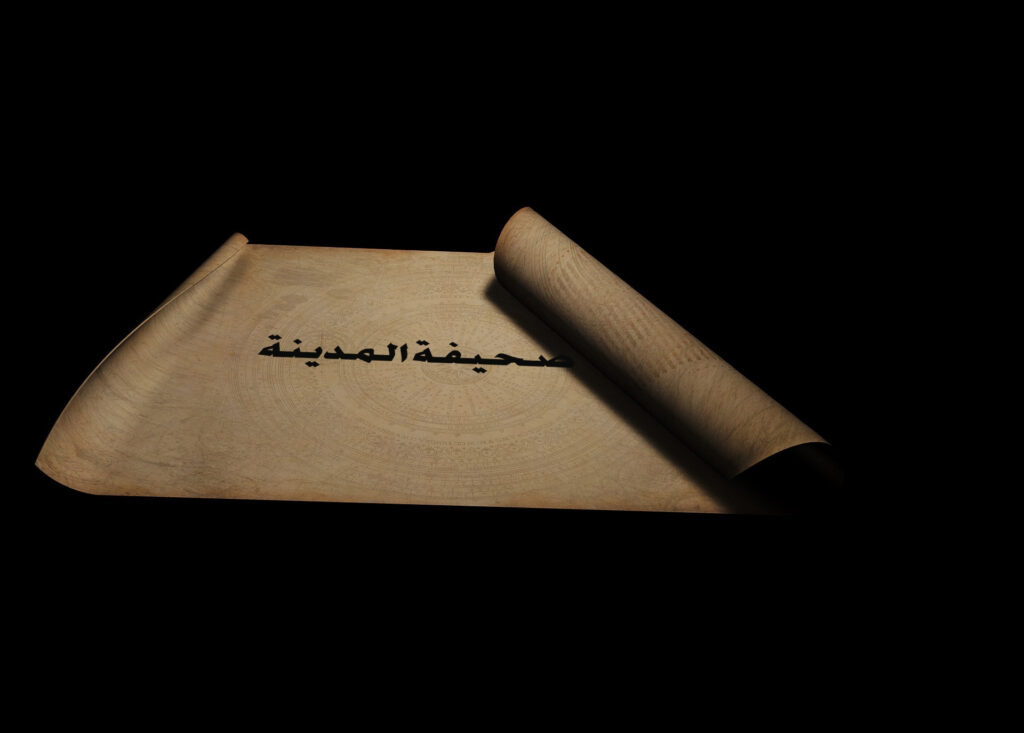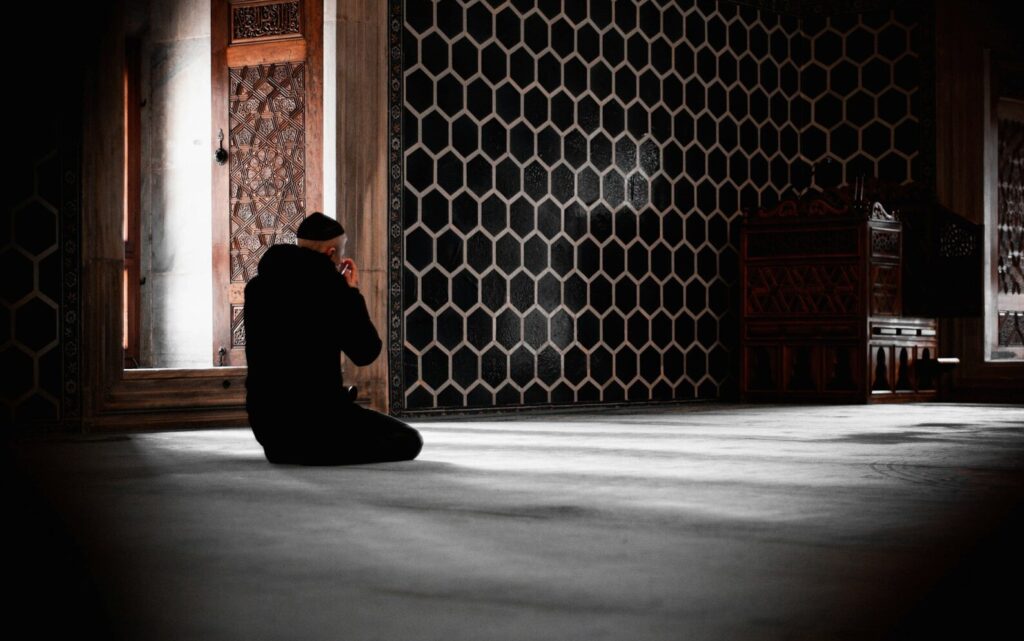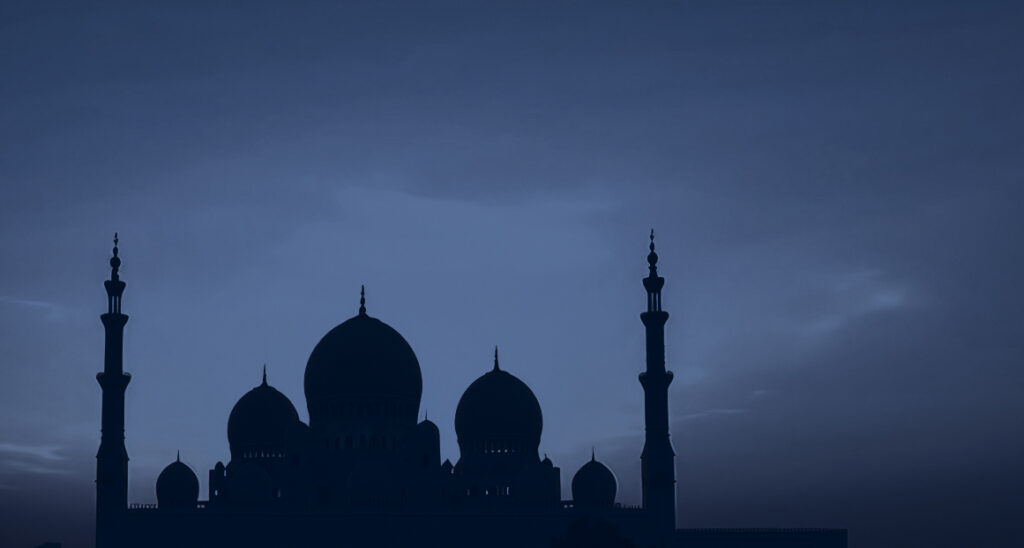ARTICLES
Ramadan is not merely a ritual of abstinence, but a sacred season of transformation. In its atmosphere of worship, restraint, and renewal lies a unique opportunity to reform the self, break old habits, and begin anew.
Do we worship what we fear? It is commonly held that belief in God emerged gradually as a result of humanity’s awe of natural forces. However, a study of history reveals this theory to be so devoid of evidence that it amounts to nothing but the speculation of atheistic thinkers.
Why would a good God allow suffering? If He is all-powerful and all-merciful, why does He not rid the world of misery? Isn’t a truly painless world the paradise we long for—or would such a reality, paradoxically, be nightmarish?
It is commonly argued that science and faith cannot coexist. However, some of the greatest scientific minds—those who have viewed the world from a vantage point experienced by only a handful in human history—beg to differ.
As enthusiasm fades and routines falter, consistency becomes the key to staying aligned with your goals and turning intention into lasting progress.
Those who accept beliefs without investigation follow error and hearsay, whereas true believers base their faith on proof, reasoning and certain knowledge.
As the new year begins, the Ahmadiyya Caliph appeals for prayers for the progress of the Community, the release of imprisoned Ahmadis, the deliverance of oppressed people worldwide, and the establishment of peace across the globe.
Across history, there have been many attempts to end slavery. Yet, all too often, emancipation came at the cost of human lives or remained confined to paper, thus falling short of securing true human dignity.
The Ahmadiyya Khalifa addresses the Annual Convention in Qadian, outlining the need to practically fulfil the conditions of the pledge of allegiance to the Promised Messiah(as).
Does the Quran truly foretell universal truths? Or does it merely echo scientific discoveries? Recent advances in cosmology show that the Quran accurately predicts many phenomena that are centuries ahead of its time.
Are extremists truly driven by faith? Or are they merely using it as a guise to further their own interests? What does Islam teach about peace and violence?
Far ahead of its time, the Covenant of Medina introduced practical methods for fostering pluralism among the diverse peoples under its jurisdiction—a key foundation for building a society based on freedom and mutual trust.
Throughout its history, Earth encountered many paradoxical challenges that threatened its journey towards life. On this Earth Day, let us explore some of the intricate factors that make Earth the only home to life we know.
The importance of discerning truth from falsehood cannot be overstated in today’s world of widespread disinformation. On this International Fact-Checking Day, let us reflect on the Islamic framework for verifying information and upholding truth.
True Eid is the day a person sincerely repents and turns to God. The Ahmadiyya Khalifa highlights that the real essence of Eid lies in upholding the spirit of repentance and righteousness cultivated during Ramadan.
As this year’s Ramadan draws to a close, we should seek to carry its blessings forward throughout the year. As we bid farewell to this blessed month, let us not bid farewell to the spirit it ignited within us.
Whenever the world plunges into the abyss of darkness and the night appears endless, a night of divine decree manifests, reminding of a radiant dawn that is about to follow.
The Ahmadiyya Khalifa emphasises that forcing young children to fast is wrong and highlights the importance of considering their physical well-being.
Women’s mental health is often overlooked, yet understanding the challenges women face and adopting coping strategies can enhance their emotional strength. On International Women’s Day, let’s prioritise women’s mental well-being.
The physical endeavours one undertakes during Ramadan must also spark a spiritual transformation in them, thus merging the two heats reflected in the very name of the month.






